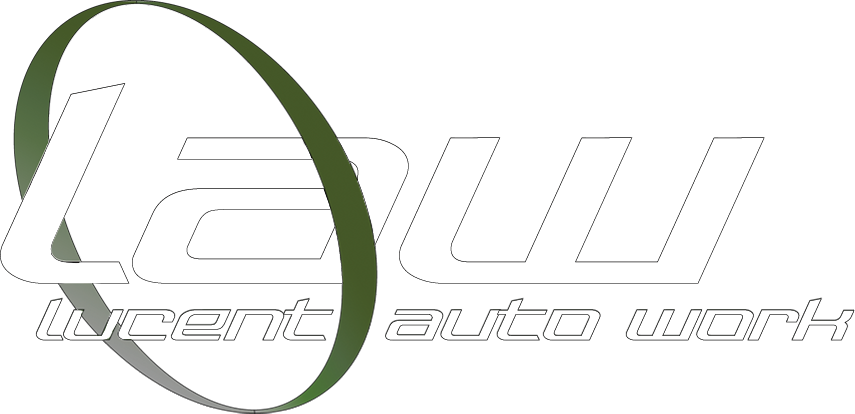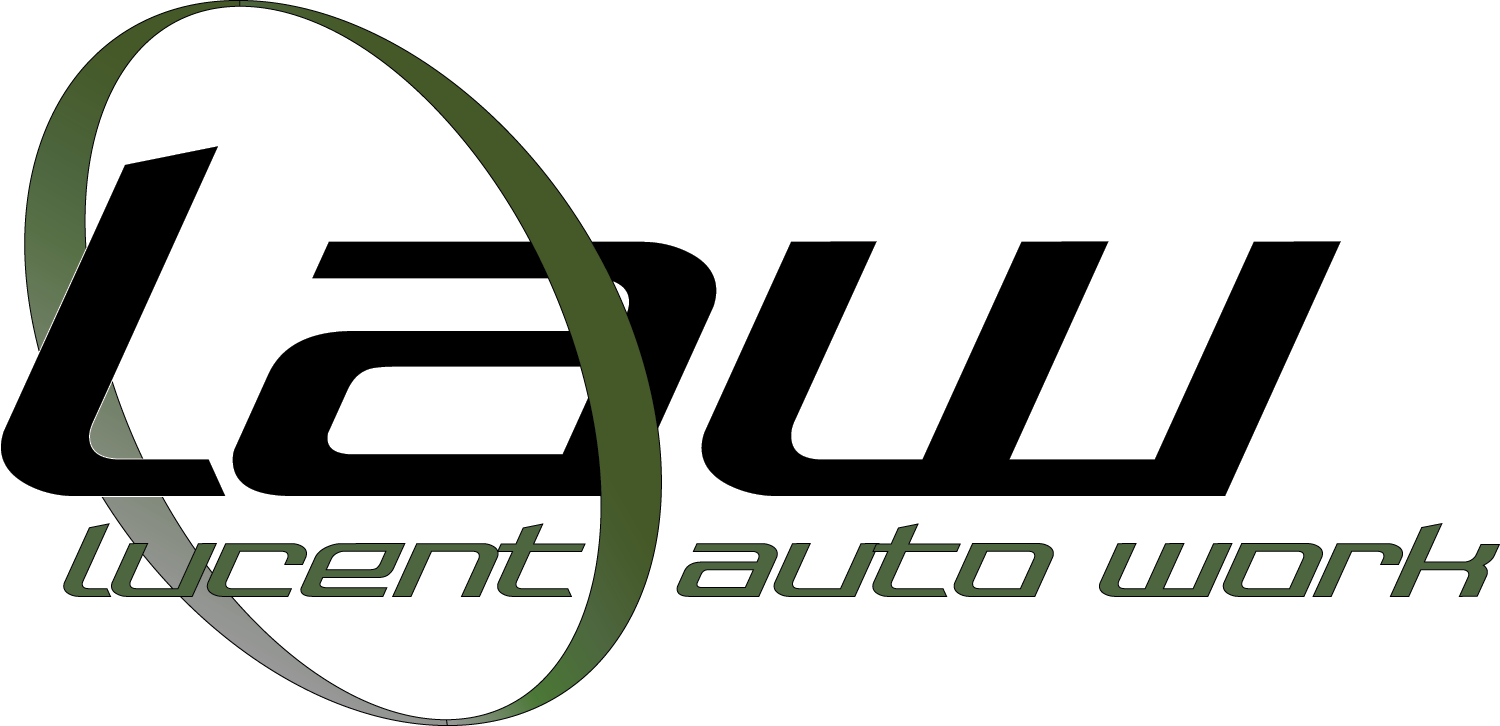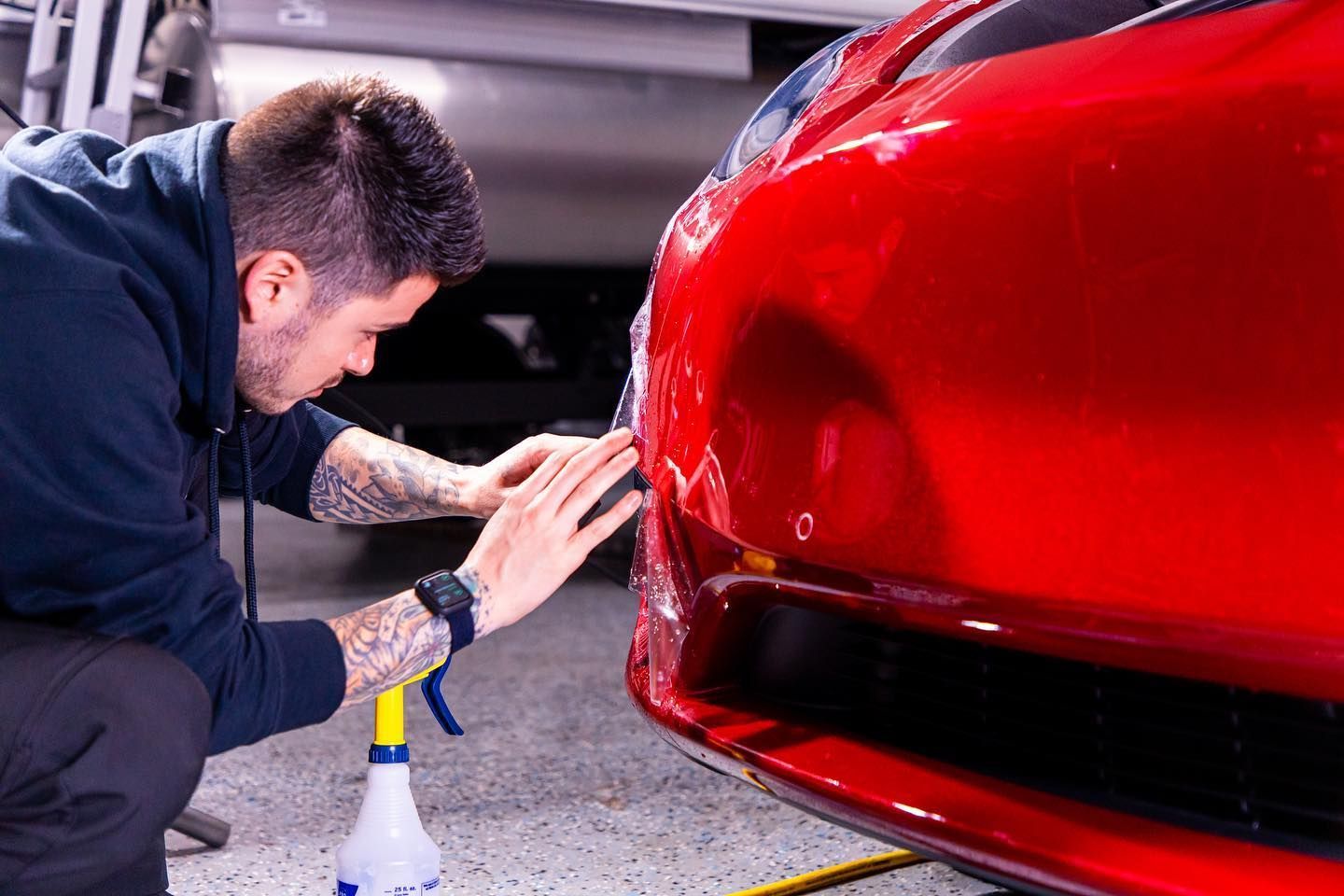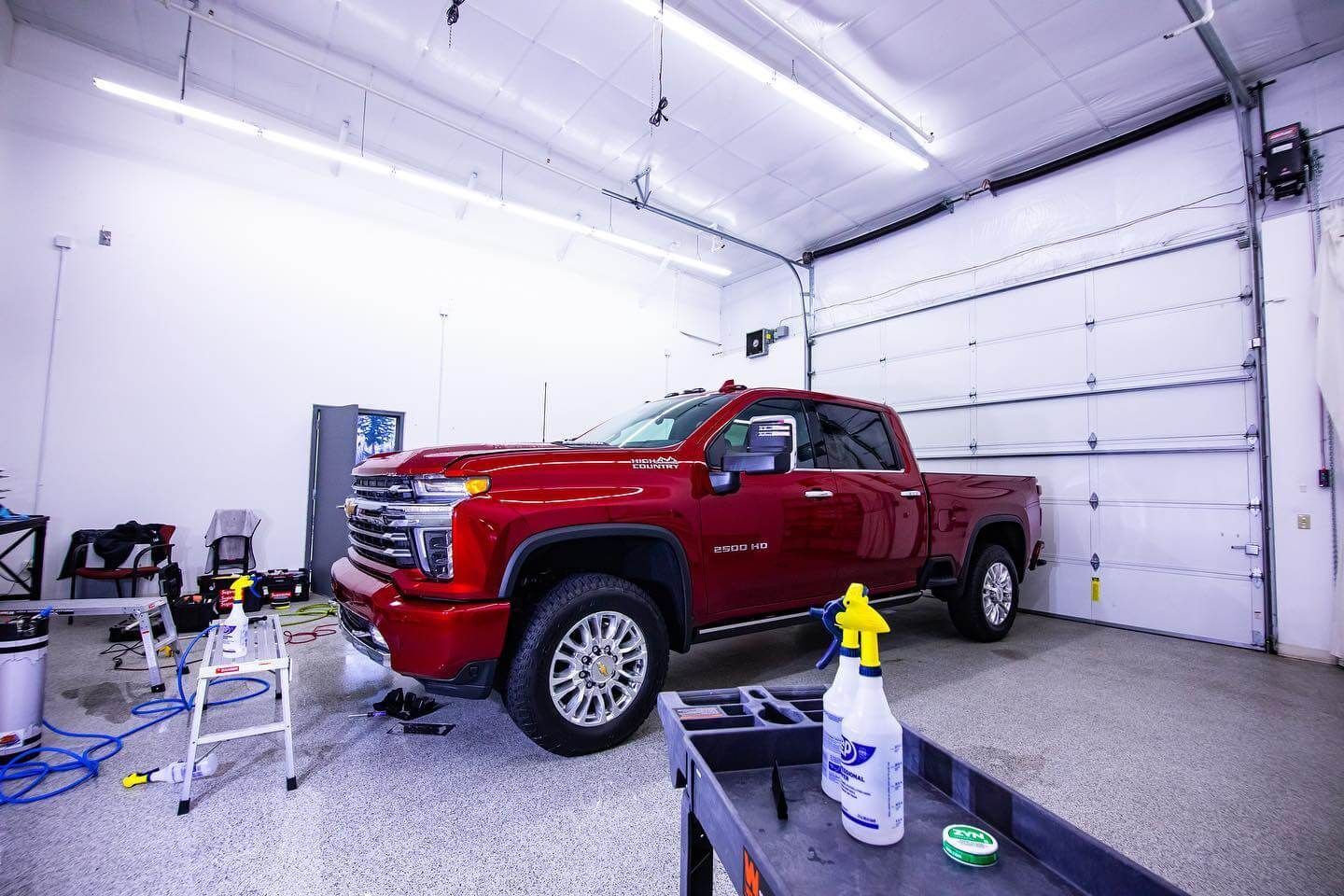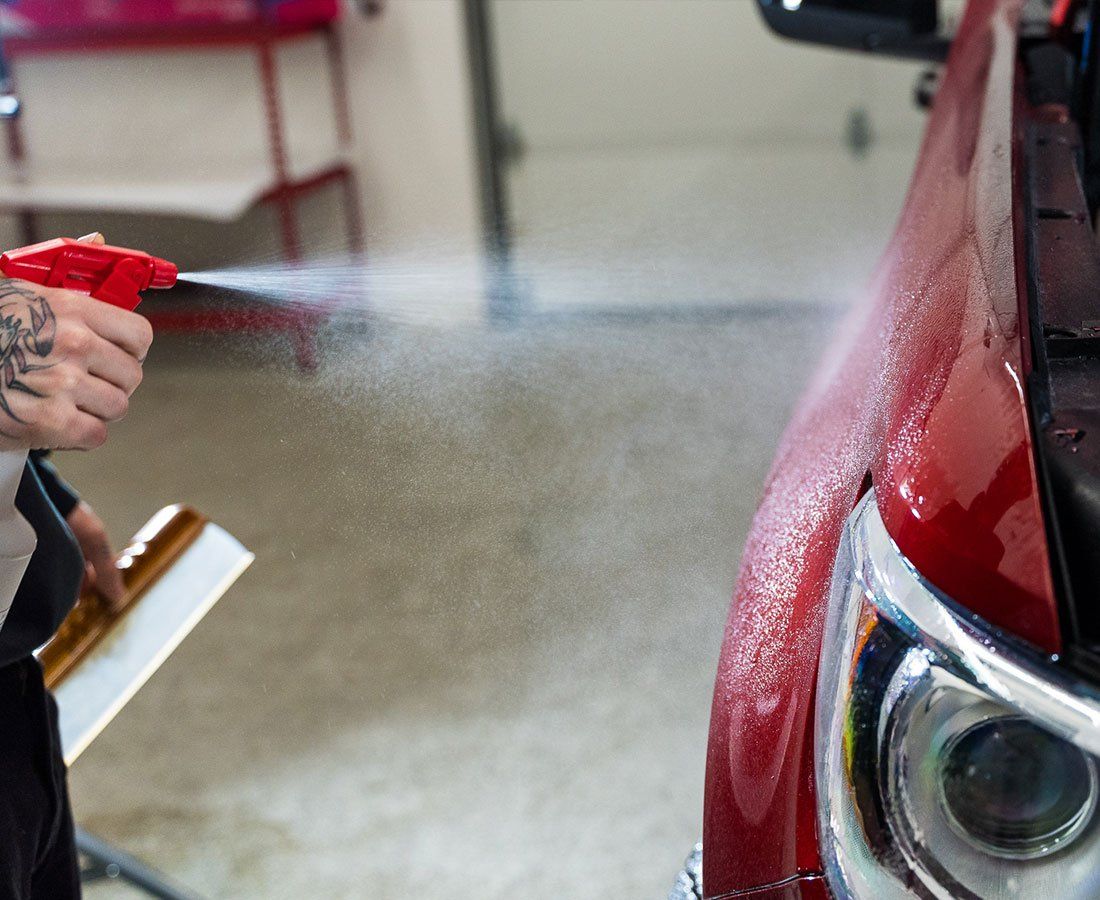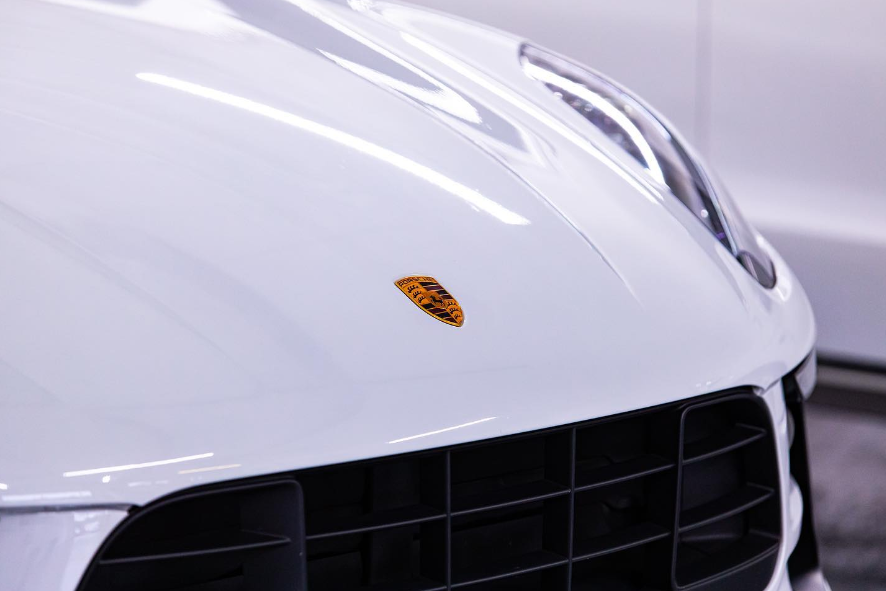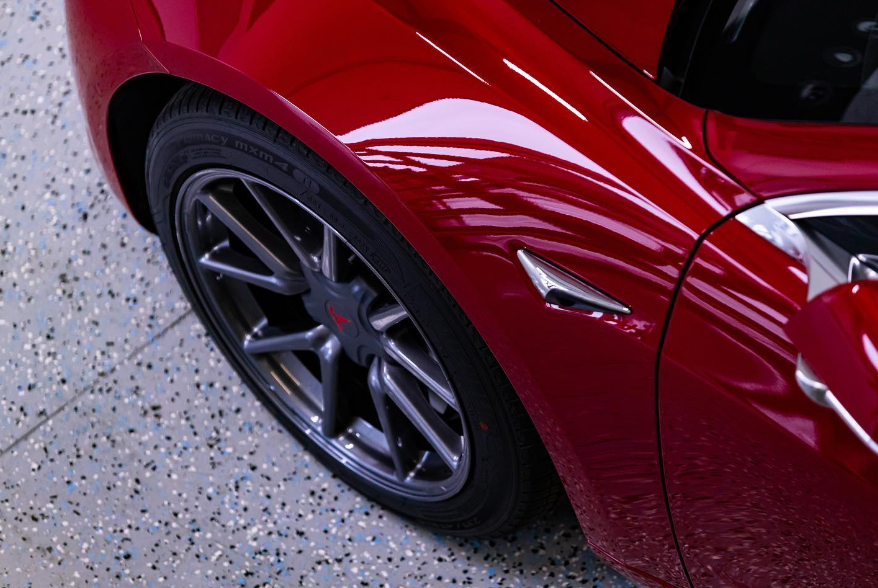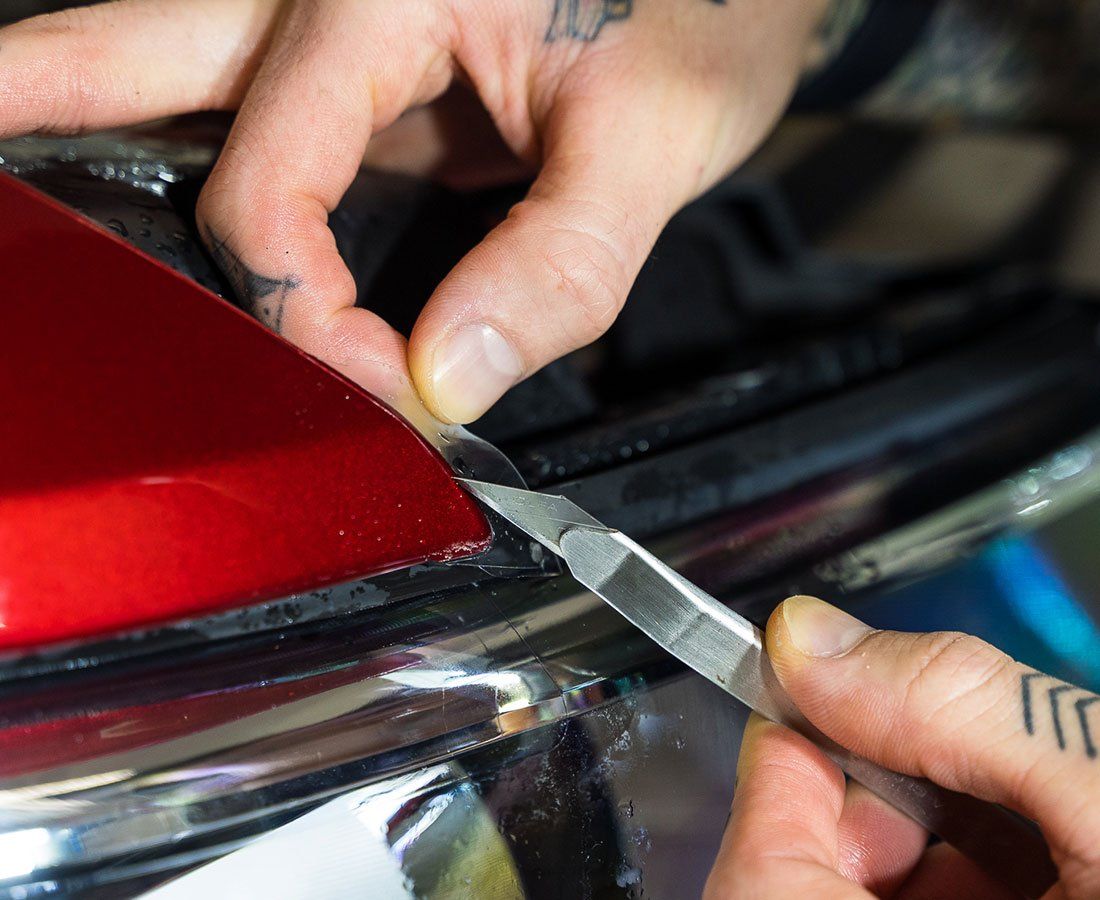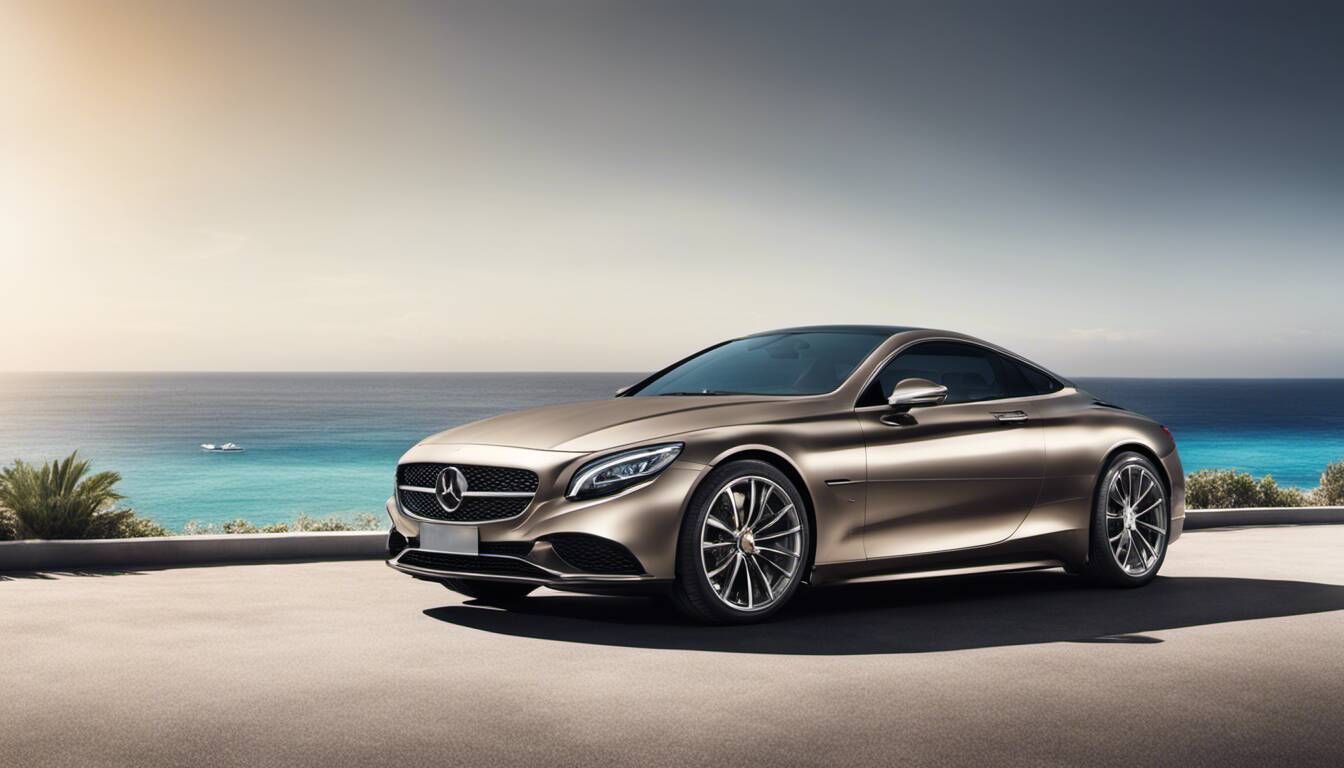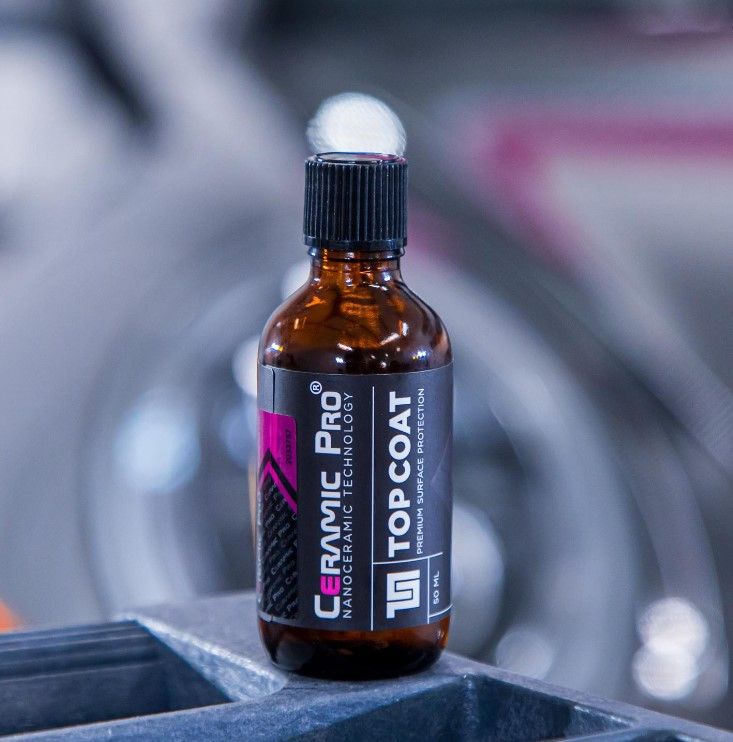Imagine your vehicle as a thermos. Much like how the vacuum in a thermos prevents coffee from losing its heat, window tint shields your car's interior from the sun's harsh glare, preventing unnecessary energy use. This simple innovation, quietly residing on your car windows, is proven not only to boost cosmetics but also to increase fuel efficiency.
Discover how
auto window tinting
reduces gas station visits and carbon footprints in this post!
Relationship Between Auto Window Tinting and Fuel Efficiency
Did you know that a significant amount of energy is consumed in order to maintain a comfortable temperature inside a vehicle? This is particularly true during the hot summer months, when the air conditioning system runs at full blast just to cool down the interior.
However, auto window tinting can significantly reduce this energy consumption, leading to improved fuel efficiency.
Anecdotal evidence suggests that cars with tinted windows require less energy to cool down than those without. In fact, some car enthusiasts have testified that their vehicles consume up to 15% less fuel after getting their windows tinted.
There are a number of factors that contribute to the decrease in energy consumption, which we will discuss in more detail in the following sections.
Apart from anecdotal evidence, various studies have confirmed that window tinting your car improves fuel efficiency. Window tinting can reduce fuel consumption by at least 5%, according to one study by the
American Energy Association.
This figure may seem small at first glance, but when you consider the average annual fuel expense for most drivers, which is around $2,000, then that could mean savings of up to $100 per year!
Of course, skeptics might argue that other factors, such as traffic and driving habits, could also affect fuel consumption. While it’s true that these factors do have an impact, there’s no denying that reducing heat gain and loss inside a car can significantly improve fuel efficiency.
Moreover, the reduction in energy consumption can also lead to a longer lifespan for your car’s air conditioning system. Having established the relationship between auto window tinting and fuel efficiency, let’s dive deeper into how window tinting works.
The Science Behind Tinting
Auto window tinting involves applying a thin layer of film on top of your existing windows. This film is usually made of polyester or vinyl, which makes it highly resistant to scratches and tears.
However, what actually makes window tinting effective in improving fuel efficiency is its ability to block out solar heat.
When sunlight enters your car, it brings with it a considerable amount of heat that can quickly warm up the interior. Window tints are engineered to reflect or absorb this incoming heat, which reduces the need for constant air conditioning.
But it's not just about blocking heat; some window tints also help retain the cold air inside your vehicle during the winter months.
Think of it this way: auto window tinting acts like sunscreen for your car. Just like how sunscreen blocks harmful UV rays from damaging our skin, window tints block harmful solar heat from entering our car's interior.
Window tints are also classified by their
Visible Light Transmission (VLT), which refers to the amount of light passing through the film. The lower the VLT percentage, the darker the tint will be. How much solar radiation the film reflects or absorbs depends on the darkness of each shade.
Furthermore, different types of window tint films have different heat-rejection capabilities and varying degrees of durability. High-performance films tend to perform better as they can block more solar radiation while maintaining their appearance for long periods without peeling or fading.
- According to a 2020 study published in Energy and Buildings, vehicles with window tint saw an average 5-8% increase in fuel efficiency due to reduced usage of air conditioning.
- The Journal of Applied Physics reported that lighter-colored car interiors, paired with window tints, could enhance this effect by reflecting more sunlight, reducing the need for air conditioning by up to 15%.
- According to a study by the International Journal of Ambient Energy, window tinting helps with thermal comfort, which results in lower fuel consumption rates.
Impact on Heat Gain and Loss
One of the most significant impacts of auto window tinting is heat gain and loss in your vehicle. Tinted windows help block out the sun's rays, which can significantly reduce the heat that enters your car.
This works by reflecting the solar energy back outside, so your car doesn't feel like an oven during hot summer days.
Inversely, window tints also help keep your car warm during the winter as they prevent heat from escaping through your car's windows, keeping passengers cozy and warm.
This has a significant impact on your fuel consumption because you don't need to blast your heating system to stay comfortable while driving.
Apart from comfort, there is also a significant impact on fuel efficiency. Studies suggest that increased heat inside a vehicle can lead to decreased fuel economy.
By reducing heat gain via auto window tinting, it becomes easier for air conditioning systems to maintain cool temperatures in the cabin without overworking themselves.
Think about how temperature changes affect your refrigerator. During summer days when temperatures are high, fridges tend to work extra hard to maintain cool environments; similarly, vehicles with untinted windows need to run their HVAC systems at higher intensities to maintain cool interiors, resulting in lower gas mileage.
Now that we understand why auto window tinting is beneficial, let’s take a look at maintaining it properly.
Routine Maintenance for Car Window Tints
Auto window tints are durable and long-lasting, but they do require proper care and maintenance to ensure optimal longevity. You can maintain your tints by keeping them free of dirt, oil, and grime using a soft microfiber cloth and an effective glass cleaner. It's crucial to avoid abrasive cleaning agents, as they can scratch the tints' surface and cause damage.
Additionally, you shouldn't roll your windows down for at least a week or two after having them tinted to ensure the adhesive has fully set in place. Think of it as taking care of your skin; just like you use gentle soaps to keep your skin fresh, you need to be gentle with your tints too. Using the right products is essential to avoid any damage while maintaining their good looks.
Some car owners believe in using DIY methods such as vinegar solutions or even newspapers for wiping down auto tints. While these solutions may seem cost-effective, they can cause cloudiness on the tint films, affecting the clarity of tinted glass panes. Always rely on professional cleaners that are specifically designed for tinted windows.
One pro-tip for maximizing your tints’ longevity is parking your car in shaded areas or under a canopy when possible. Direct sunlight exposure can cause fading or even peeling on auto film over time.
Caring for Your Tinted Windows
So, you decided to install window tints for the purpose of improving your vehicle's fuel efficiency. Congratulations! However, you also need to ensure that they remain in good condition to serve their purpose. After all, worn-out tints will not only hamper their function but also compromise visibility and become a safety hazard.
One way to keep your window tints in excellent condition is by cleaning them regularly with a soft cloth or sponge and a mild soap solution. Avoid using harsh chemicals or abrasive materials, as they can scratch the tinted surface and damage its functionality.
Another important aspect of caring for your tints is protecting them from excessive heat or cold. During extreme weather conditions, park your car in a garage or shaded area to prevent the tinted windows from being exposed to direct sunlight or freezing temperatures.
Some people may argue that professionally installed window tints are durable enough to withstand the harsh elements and do not require regular maintenance. However, this assumption is far from accurate. Even high-quality tints will deteriorate over time if they are not appropriately maintained.
Now that we have talked about maintaining your window tints, let's dive into the different types of tints available and how they impact your vehicle's fuel consumption.
Types of Window Tints and Impact on Fuel Consumption
There are several
types of window tints
available for cars, each offering various benefits and drawbacks. The type of window tint that you choose can significantly impact your car's fuel efficiency. Think of it this way: Darker window films absorb more heat than lighter ones, which means that they can increase the amount of work required from the air-conditioning system, leading to higher fuel consumption.
Ceramic window tints, on the other hand, are highly energy-efficient and can block up to 99% of harmful UV rays, thereby preventing an over-reliance on your air-conditioning system. These types of tints offer optimal heat reduction without compromising clarity or color. Another cost-effective tint option is dyed film.
Dyed tints consist of a layer of dye between the adhesive and the polyester layers, making them more affordable than ceramic or crystalline tints. They may not provide as much heat reduction as their counterparts, but they still do an excellent job of blocking UV rays and mitigating glare.
Some people may argue that darker tints provide more privacy and security for cars' interiors, which makes it worth sacrificing fuel efficiency. While privacy and security are undoubtedly essential factors to consider for vehicle owners, depending solely on a dark tint may not be the best solution.
This approach can limit visibility and could potentially lead to safety concerns while driving.
Now that we have explored the various types of tints available and how they impact fuel consumption, let's take a closer look at how the climate in Tacoma can affect fuel efficiency with tinted windows.
Tacoma's Climate and Fuel Efficiency with Tinted Windows
Tacoma is known for its temperate climate, with mildly cool and rainy winters and mostly dry summers. However, summer temperatures can be unbearable, especially when driving on busy streets during peak hours.
The heat from the sun can penetrate through the windows, causing discomfort to passengers and the driver. This can force people to use the air conditioning system at full blast, which drains fuel efficiency.
For instance, imagine being stuck in traffic on a hot day with no tinted windows. The direct sunlight pouring into your car will make it uncomfortable to stay inside without air conditioning. With window tints, you can keep the car cooler without having to blast the AC system at full speed.
This means that you won't need to refill your gas tank as often, saving money while also reducing your carbon footprint.
With high-quality window tints, you can reduce the amount of direct sunlight that penetrates through your vehicle's windows by up to 80%. This means less heat gain inside your vehicle and less dependency on an AC system, which translates to improved fuel economy.
Additionally, tinted windows prevent harmful UV rays from entering the vehicle, reducing the interior fading and cracking brought on by extended exposure to sunlight.
Some argue that rolling down windows or using sunshades is just as effective as installing window tinting, but this could not be further from the truth. Using sunshades is not convenient because they require some effort to install every time you park in an open area.
On the other hand, rolling down windows reduces drag, which improves airflow inside your vehicle; however, it is not always possible or even comfortable—driving at high speeds with all four windows open might result in increased wind noise and turbulence.
Installing window tints is similar to wearing sunglasses on a sunny day. It reduces the amount of sunlight coming through the lenses and minimizes the glare while also protecting your eyes from harmful UV rays. With window tints, your car windows act as sunglasses, preventing direct sunlight from entering your vehicle and creating an uncomfortable atmosphere.
In a nutshell, installing high-quality window tints is a great way to improve fuel efficiency while also keeping your vehicle cooler during hot summers. It blocks harmful UV rays and reduces glare while also providing privacy and safety by increasing shatter resistance.
If you're looking for a simple yet effective way to reduce fuel consumption, window tinting should be at the top of your list.
Enhance Your Driving Experience With Professional Window Tinting Service in Tacoma, WA
Upgrade your vehicle's appeal and driving comfort with Lucent Auto Work's window tinting service in Tacoma, WA. Our team of experts utilizes advanced techniques and top-quality materials to provide a seamless and long-lasting tinting solution. By reducing glare, window tinting not only enhances visibility but also protects your interior from harmful UV rays.
Our meticulous craftsmanship ensures a flawless finish, complementing your vehicle's aesthetics. Visit us online or give us a call for more information and to book your appointment!
